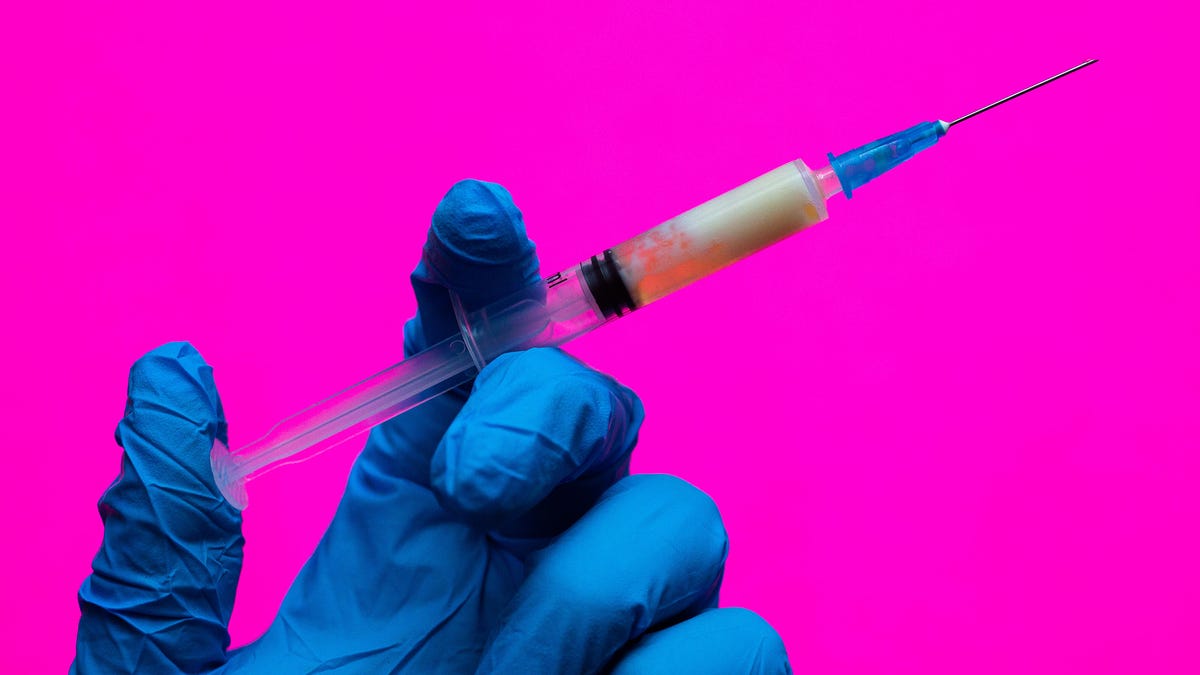CDC and FDA resume Johnson & Johnson vaccine rollout
The benefits of the vaccine outweigh the potential risk of rare blood clots, a CDC panel said earlier Friday.

The single-dose shot is back in action.
The Centers for Disease Control and Prevention and the Food and Drug Administration said Friday that they'll resume the rollout of the Johnson & Johnson COVID-19 vaccine, after finding that potential blood clots are "very rare events."
"The FDA and CDC have confidence that this vaccine is safe and effective in preventing COVID-19," the two US agencies said. The fact sheet on the vaccine will be updated to reflect the low risk of rare blood clots, known as thrombosis with thrombocytopenia syndrome, or TTS.
Read more: COVID-19 vaccine blood clots: Should you be concerned?
The move comes after a CDC panel voted earlier Friday in favor of lifting the pause on the Johnson & Johnson vaccine. The advisers said the benefits of the vaccine "outweighed the potential risk" of rare blood clots. The recommendation to resume use followed a 10-4 vote, with one abstention, by the CDC's Advisory Committee on Immunization Practices.
The FDA gave emergency use authorization for the single-dose Johnson & Johnson vaccine for the coronavirus in February. More than 7 million people received the vaccine before the FDA and CDC called for a pause on its use, on April 14, after a handful of cases of rare blood clots were discovered.
During the panel's meeting Friday, CDC officials said that as of April 21 there have been 15 confirmed cases of TTS in people who received the Johnson & Johnson vaccine. Of those confirmed cases, 13 were in women ranging in age from 18 to 49 years old, and two were in women over 50 years old.
In March, several European nations paused the use of the Oxford-AstraZeneca vaccine, which is similar to the Johnson & Johnson vaccine, after cases of blood clots were reported. Both vaccines use a common-type virus called an adenovirus to carry a harmless part of the COVID virus to cells. Some scientists theorize that components of the Johnson & Johnson and Oxford-AstraZeneca vaccines are causing a chain reaction in the body's immune system leading to the development of blood clots.
Johnson & Johnson scientists have said there's no significant evidence of a causal link between its vaccine and blood clots. Earlier this month, AstraZeneca issued a statement noting that the World Health Organization had said a causal relationship between its vaccine and blood clots was plausible but hadn't been confirmed and that additional research was necessary.
CNET's Corinne Reichert also contributed to this report.

